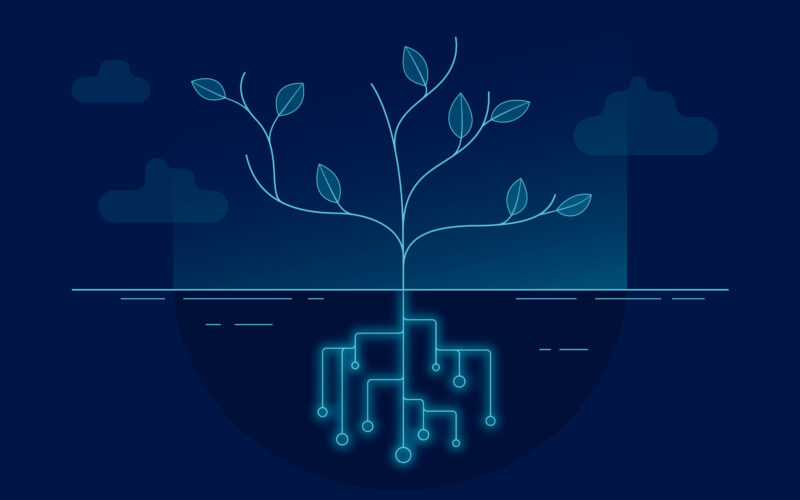In our relentless march of innovation, it’s easy to get lost in fleeting trends. But what if we paused to consider Technology, the final destination? This post explores the ultimate horizon we are building towards, focusing on long-term technological goals and creating systems that sustain market value. By understanding this endpoint, we can better navigate the disruptive waves of AI, GenAI, and Agentic AI, ensuring our creations are not just temporary fixes but foundational pillars for the future of technology.
AI’s Role in Reaching Technology’s Final Destination

The current excitement around Generative AI is just the beginning. The true revolution lies in its evolution towards Agentic AI—intelligent entities capable of independent reasoning, planning, and action. These agents are a critical component of our long-term technological goals. Imagine a world where AI agents seamlessly handle complex tasks, driving innovation in fields we haven’t yet conceived. This isn’t science fiction; it’s a tangible step towards technology’s final destination, a future defined by intelligent, autonomous systems. For a deeper dive into the current state of AI, publications like the MIT Technology Review offer excellent insights.
Preparing the Market for the Future of Technology
The market must prepare for this transformative shift. Businesses need to move beyond simply adopting AI tools and begin architecting their infrastructure around intelligent agents. This requires a strategic approach focused on the future of technology:
-
Embracing Interoperability: Future systems must communicate with AI agents. Open standards and flexible APIs will be crucial.
-
Focusing on Value Creation: The real power of Agentic AI is its ability to create new value through insights and autonomous problem-solving.
-
Prioritizing Ethical Considerations: As AI becomes more autonomous, robust ethical frameworks are paramount. As I discuss in my post on [Link to your previous post on AI Ethics or a related topic], governance is non-negotiable.
-
Investing in Future-Proof Infrastructure: Building scalable and secure infrastructure is essential. Reports from industry analysts like Gartner often highlight the importance of readiness for emerging technologies.
The Developer’s Roadmap for the Future of Technology

For developers, the rise of AI signals a fundamental evolution of their role. To remain relevant on the journey towards technology’s final destination, they must upskill and adapt. The focus will shift from manual coding to:
-
Prompt Engineering and AI Interaction: Effectively guiding AI models will become a core competency.
-
Building and Integrating AI-Powered Systems: Expertise in AI/ML frameworks like TensorFlow or PyTorch will be essential for integrating AI agents.
-
Higher-Level Problem Solving: With AI handling routine coding, developers can focus on complex system design and user experience, which I explored in [Link to your previous post on UX/System Design].
-
Ensuring Security and Reliability: Verifying the security and robustness of intelligent systems will be a critical responsibility.
The Long Game: Building Towards Technology’s Final Destination

Our ultimate goal isn’t a single product but a continuous journey towards building intelligent, sustainable systems. By understanding the future of technology and empowering our developers, we can ensure that the innovations we build today are foundational. The key is shifting our focus from short-term gains to achieving our long-term technological goals. The future of technology is not just about what we can build, but about what we can sustain on the path to technology, the final destination.



